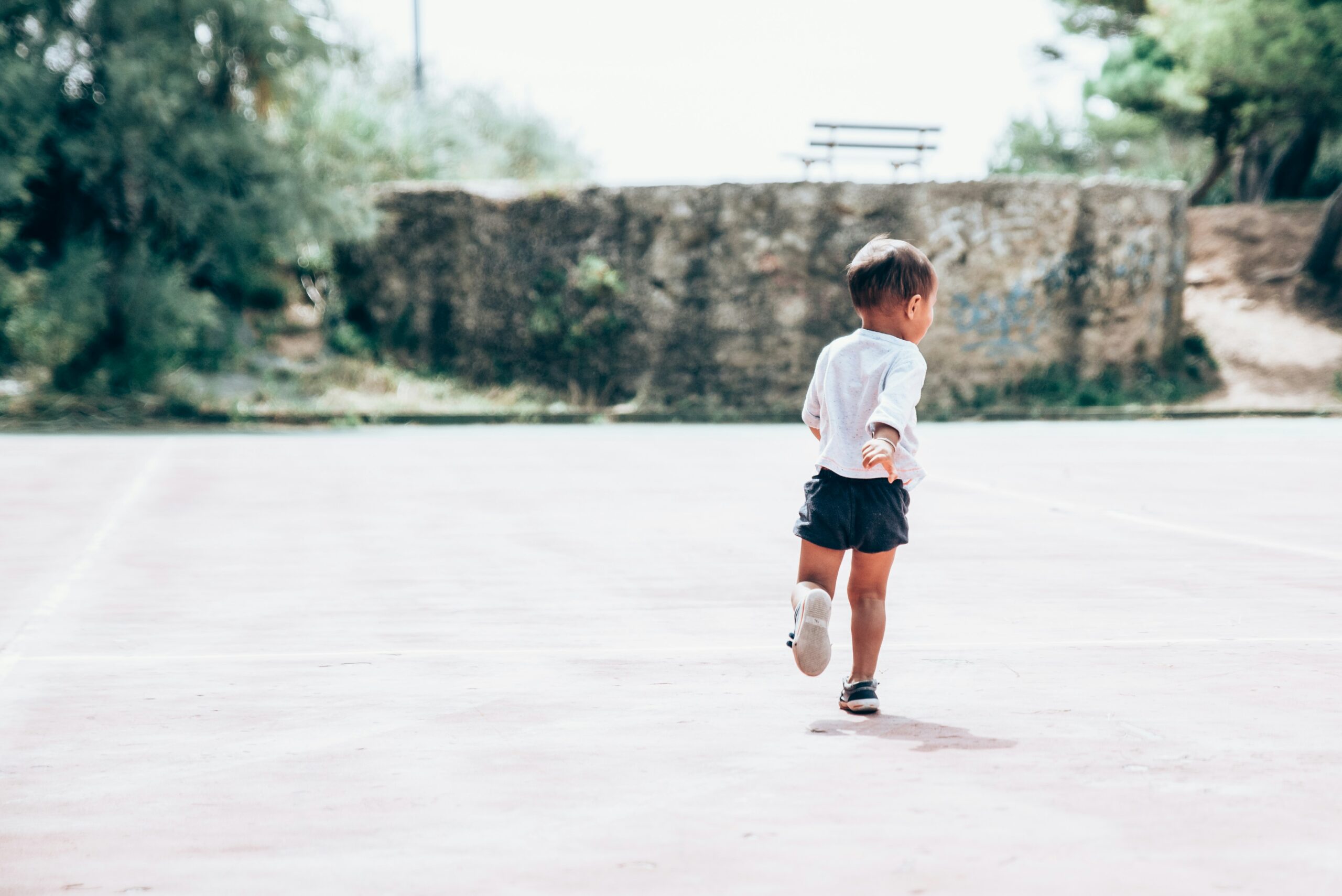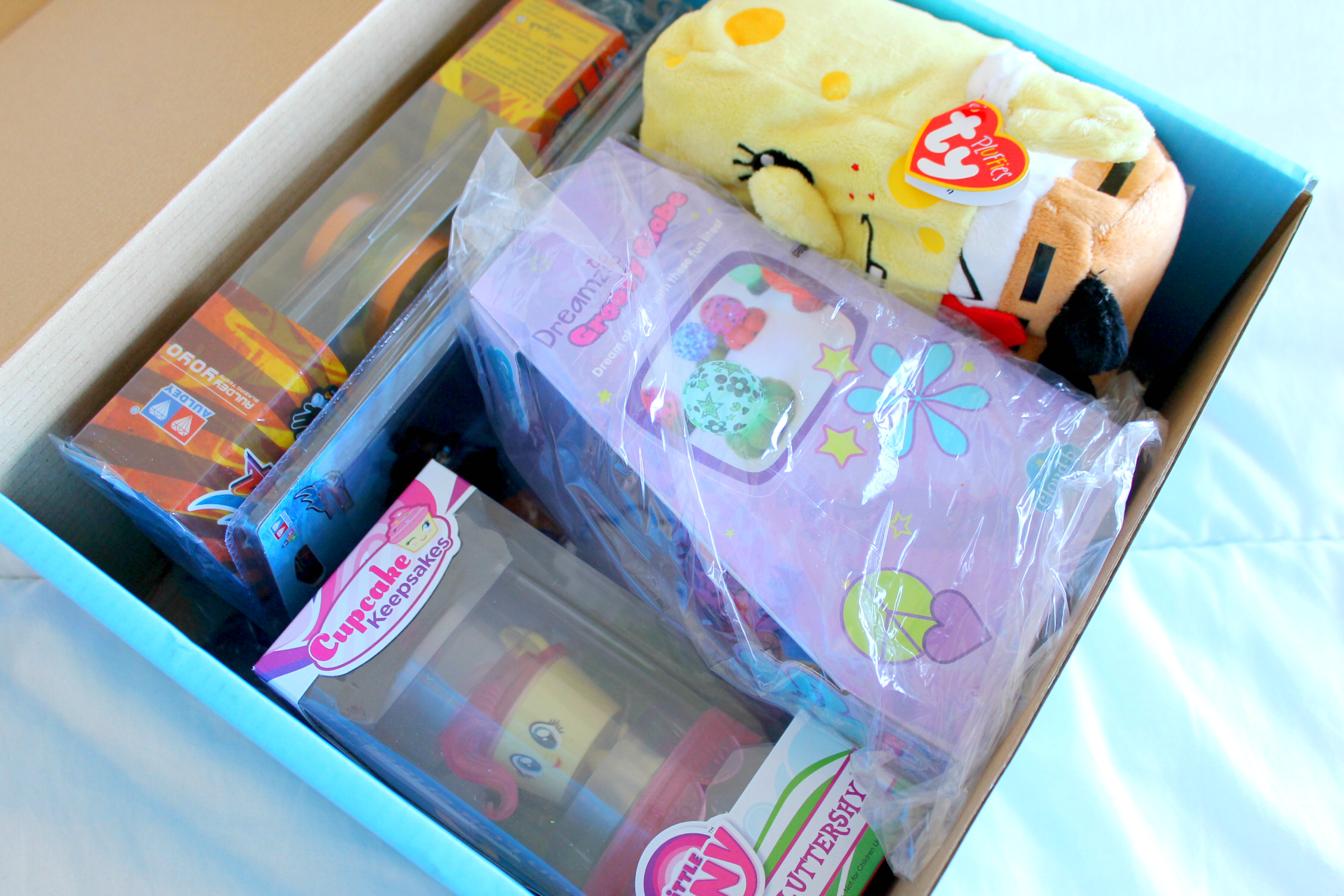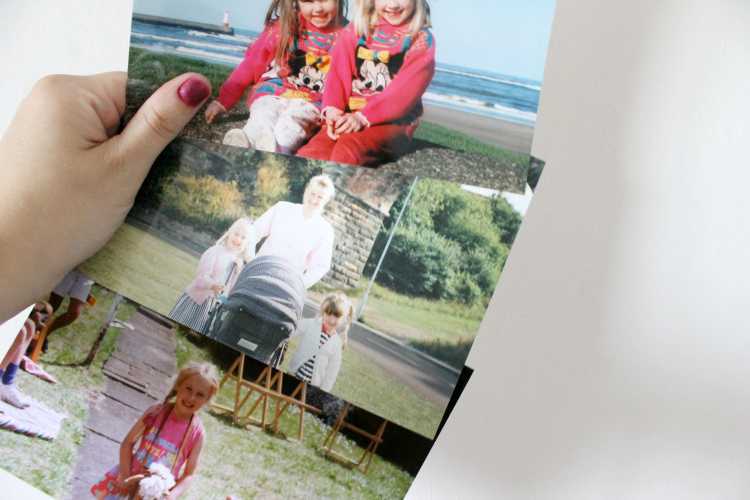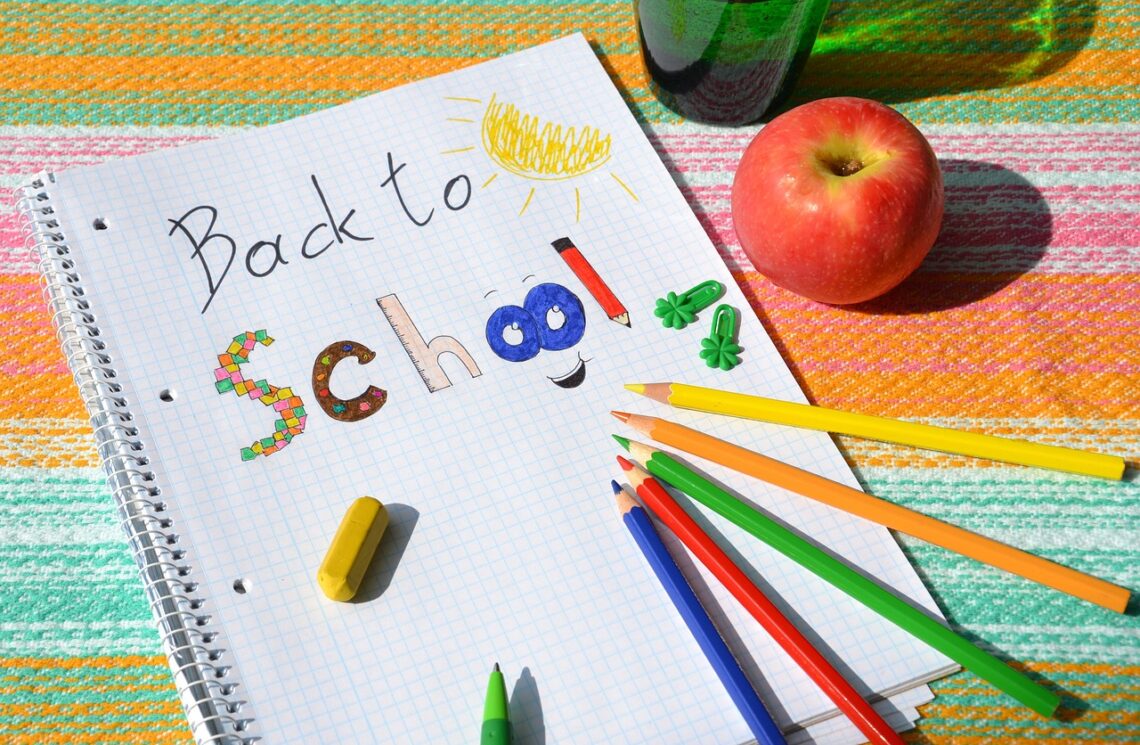Parenting
-
Educational Activities to Do at Home With Your Child *
Spending quality time with your child at home doesn’t just strengthen your bond — it can also be an excellent opportunity for learning and development. Whether it’s a rainy day or you’re simply looking to add some variety to your routine, these educational activities will keep your child engaged and help nurture their curiosity. 1. Reading Together: Building Language Skills This private school in Gloucestershire suggests that reading aloud to your child is one of the most effective ways to improve their language skills and foster a love of books. Choose age-appropriate stories that capture their imagination, and encourage them to ask questions or predict what might happen next. For…
-
Tips for boosting your Childs Self Esteem *
Building a child’s self-esteem is one of the most important gifts you can give as a parent or caregiver. A healthy sense of self-worth not only helps children cope with challenges but also nurtures their confidence, happiness, and overall development. Here are some practical tips to help boost your child’s self-esteem, inspired by the teachings of this girl’s school in London. 1. Offer Genuine Praise and Encouragement Children thrive on positive reinforcement. Be sure to praise their efforts, not just their achievements. Instead of saying, “You’re so clever,” try, “I’m proud of how hard you worked on that.” This encourages a growth mindset, showing children that effort and persistence matter…
-
The Benefits of School Clubs *
School clubs are a valuable part of a child’s educational journey, offering more than just a way to pass the time after lessons end. From developing social skills to discovering hidden talents, extracurricular activities help shape well-rounded individuals. Here’s a closer look at why school clubs matter and how they can benefit pupils of all ages, inspired by the practices of this independent school in Surrey. Building Confidence and Social Skills while at School Clubs One of the greatest advantages of joining a school club is the chance for pupils to build confidence in a supportive environment. Clubs encourage students to speak up, work as part of a team, and…
-
Teaching Your Child to Be Kind *
Kindness is one of the most important values a child can learn. It helps build empathy, strengthens relationships, and contributes to a more compassionate society. Teaching kindness doesn’t require grand gestures – small, everyday actions often have the biggest impact. Here’s how you can nurture this essential trait in your child, inspired by the practices of this prep school in Surrey. Be a Role Model Children learn by observing the adults around them. If they see you treating others with respect and compassion, they’re more likely to mirror that behaviour. Whether it’s holding the door open for someone, speaking kindly about others, or offering a helping hand, let your actions…
-
The Importance of Teacher Child Relationships*
The relationship between a teacher and a child can significantly influence a pupil’s academic, social, and emotional development. Positive teacher child relationships can inspire confidence, encourage curiosity, and lay the foundation for lifelong learning. As schools continue to focus on holistic education, understanding and nurturing this relationship has never been more vital. Building Trust and Emotional Security This private school in North London suggests that at the heart of every strong teacher-child relationship is trust. When children feel safe, understood and respected by their teacher, they are more likely to express themselves, take risks in their learning, and bounce back from setbacks. Teachers who offer consistent support and show genuine…
-
What Does Online Learning Look Like*
Online learning has evolved significantly in recent years, moving far beyond simple worksheets and video lectures. Today, it offers a dynamic and flexible approach to education, often blending the best of traditional methods with the innovation of digital technology. But what exactly does online learning look like in practice? A Flexible and Personalised Learning Experience One of the most defining features of online learning is flexibility. Pupils can access materials at times that suit their personal schedules and learning rhythms. This is particularly beneficial for students who may need extra time to digest information or who thrive in quieter, less pressured environments. Platforms often allow for lessons to be paused,…





















